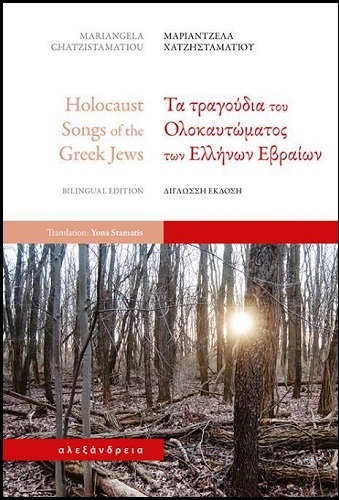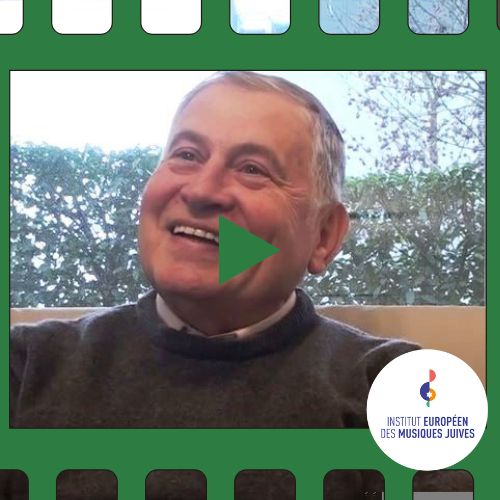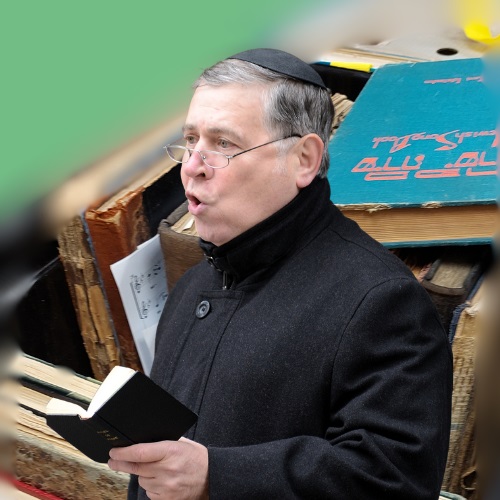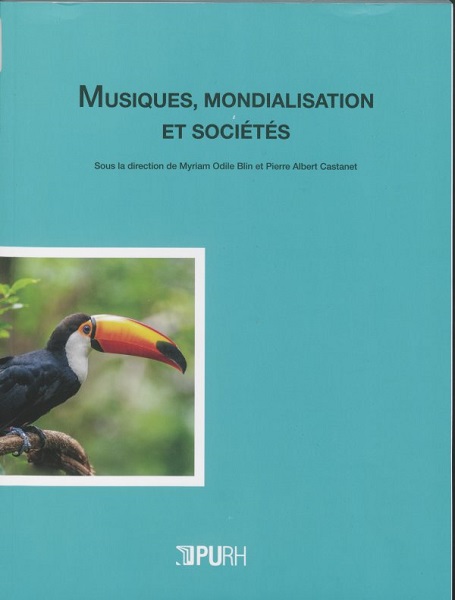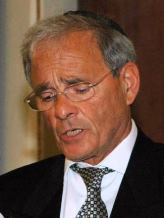
Born into a modest family on April 23, 1937 in M’Sila, Algeria, Adolphe Attia was raised by his aunt in Bousaada, his mother having already had six children and his father having died before he was born. In 1948, with his aunt, he joined his mother in Nice, where she had moved a year earlier.
As soon as he arrived in Nice, he regularly attended synagogue services, where he acquired knowledge of the liturgy. In 1952, the synagogue’s administrators convinced his mother to send him to the Séminaire israélite de France in Paris and to enroll him in the Yavné school, to pursue his studies.
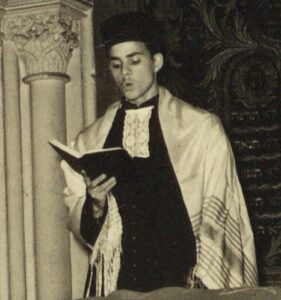
At the seminary, the young Adolphe, gifted with a fine tenor voice, studied liturgy and cantorial art (hazzanout) from 1952 to 1958. He took classes in solfège, piano and singing with Léon Algazi (Ashkenazi liturgy), Chief Rabbi Schilli (cantillation and psalmody in the Ashkenazi rite) and Roland Mossé, first cantor of the rue Buffaut synagogue (Portuguese liturgy). At the end of his studies, he also benefited from the teaching of composer Alberto Hemsi, who arrived in France after the expulsion of the Jews from Egypt.
On June 30, 1958, he obtained his diploma in pedagogy and liturgy (Ashkenazi and Portuguese rites), and was then hired as second cantor at the Nazareth synagogue alongside Jacques Chalude, then first hazzan. In 1961, he became second cantor at the Grande Synagogue de la Victoire, alongside Shalom Berlinski.
On June 23, 1965, he married Guilah Houlou in the 9th arrondissement of Paris, giving birth to two sons: Laurent (soloist with the choral group Les Chevatim) and Raphaël.
In 1968, he officially became second cantor of the Grande synagogue de la Victoire, then from 1969 to June 1973 he taught hazzanout at the École israélite de pédagogie et de liturgie of the Séminaire israélite de France, until the cantorial section was finally closed.
In 1979, he succeeded Shalom Berlinski as Fisrt Cantor of the Great Synagogue of Victory, a post he officially held until 2014, and which he continued to hold for several more years as Honorary First Cantor.
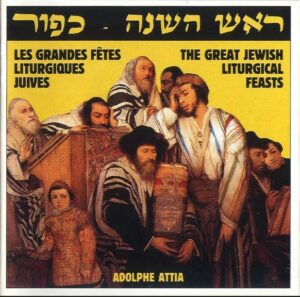
Adolphe Attia has recorded several CDs, including three for Harmonia Mundi between 1994 and 2000 and two for Buda Musique in 2002-2003 in the Patrimoines Musicaux des Juifs de France collection. He also appeared in Bernard Cohn’s film Nathalia (1989), with Philippine Leroy-Beaulieu and Pierre Arditi.
In 2014, he and his wife Guilah moved to Israel, first to Jerusalem and then to Netanaya, where he enjoyed a well-deserved retirement. For over 50 years (1961-2014), Adolphe Attia was the living memory of Ashkenazi liturgical singing at the synagogue de la Victoire, performing hundreds of services, weddings, bar mitzvahs and funerals.
- Browse Adolphe Attia’s recordings in our online catalog
- Consult the archive deposited at the IEMJ by Adolphe Attia
- Watch the video Adolphe Attia, 50 years of hazzanut in France
⇒ Order the CD Musiques judéo-françaises des 18e et 19e siècles
⇒ Order the CD Musiques de la synagogue de Bordeaux – rite portugais
Adolphe Attia singing Ono tovo (excerpt from Josy Eisenberg’s religious program, La source de vie, 24-09-1995, INA archives)
